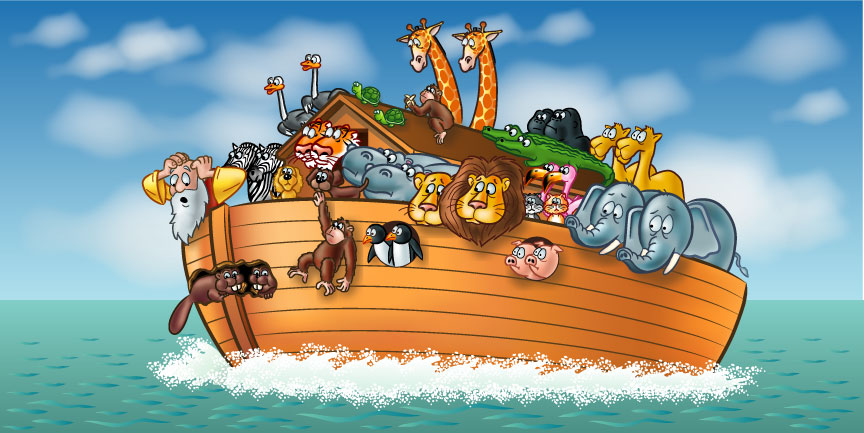What follows is a reflection/review of The Good Lord Bird by James McBride
Some people are born in the right time and right place for
who they are and others miss their time by a century or so. There is a
wonderful scene in the film Sin City
where one character is noting that Marv, the big, strong, and ugly individual
is someone who would have flourished in the time of gladiators or of Vikings.
Marv would have been a superstar in those times. But in the 20th
century he was just a big ugly mug.
John Brown is someone who was born at the right time. In
McBride’s work we are given a close insight into the person and character of
John Brown the radical, religious, devoted person. We see someone who will pray
for hours at end if given the opportunity, someone who walks with a myopic modernism
upon which he claims moral authority to break laws, harm others, and push
people into lives they may never have wanted to claim. One who is not well
studied in history may read McBride’s work and wonder if we are receiving a
caricature of the John Brown. It can be easy to see the John Brown person as an
archetype of the crusading vigilante who is on a “mission from God” and will
not be strayed from his cause no matter what.
Yet while it is a work of historical-fiction, McBride is not
offering an exaggerated view of this iconic character of American History. We
are seeing the madman as he probably was and given a good and real taste into
many of the experiences and the overall ethos of a powerful time in our
nation’s story. It is a strong work that offers many layers of a complex time –
a time when an individual like John Brown could thrive.
What of today? Is there room for the radical, the
religiously committed crusader? I do not doubt for a second that someone like
John Brown would be labeled a terrorist in today’s context (and may already be
considered one by folks who live south of the Mason-Dixon). We have someone who
is fueled by religious ideology, who raises money for his cause, and who does
not seem to have any problem with the use of violence to bring the nation/world
to the place that he believes we all need to be. Give John Brown a different
faith tradition, a different nationality, and it is easy to imagine people
labeling him as a religious radical and terrorist. You could even keep him in
this country, let him hold to his Christian faith and throw him in some
mid-American state with vast reaches of wilderness and it would be easy to
apply the oft seen pejorative label.
John Brown lived in the right time and many might argue that
the archetype that he has become and the character that he was would not work
well today. (Let us not forget that he was arrested by federal troops and tried
in a federal court – he was not accepted by many in his own time)
Yet I wonder. Putting aside his proclivity for violence for
a moment, I wonder if we need those individuals who wrap themselves with that
modernistic fervor around a truth that they believe everyone should embrace.
Just thinking about Christianity, we have an overwhelming supply of vanilla
believers. These are people who are upstanding, respectable, regular attenders
of church, soft-spoken, and safe. Churches are full of people who like to
worship God and then go about their lives without experiencing any real
repercussions that may follow one’s commitment to God. Many of these vanilla
believers are pastors who worry about feeding their family, keeping the Deacons
happy, and just want to be able to spend their free time playing with their
model trains and raising their sheep dogs. Such people emerge from a safe, comfortable
faith and churches are full of those folks. Those believers can fit in with any
time period and will be fine. Churches full of these believers become safe,
vanilla churches that will avoid rocking the boat at all cost. This is a deadly
and prevalent faith that can be found in all denominations and traditions.
We need the individual who will
stand up and “speak truth to power.” We need the believer who is willing to
lose friends for a cause that he or she feels passionately about. We need the
John Brown radical who will again and again call other believers to step out of
the sphere of complacency, out of the realm of atrophied commitment, and to
embrace that which is causing our God to grieve. We need these modern day
prophets, radicals, rebel-rousers, and troublemakers.
We need the John Brown types, but sans violence.
I do not believe that there is any way someone who claims to
follow Christ (someone who approaches a violent death with a heart of peace)
can justify the use of violence as a part of their commitment to God. I do not
believe it was right in the 1850s and 60s and do not believe it is right today.
So John Brown without the violence is what I am looking for
today.
So where is John Brown? Where is that individual who sees
moral decay, that which the prophets described as offensive to God and speaks? Let
there be unrest, discomfort, stirring, problem-causing, and let it begin with
me.


